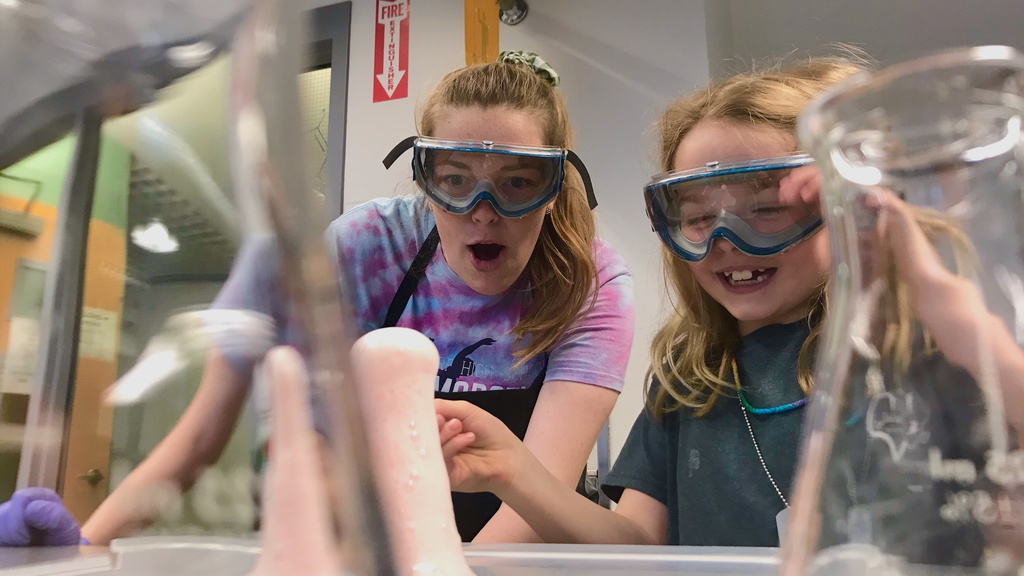News

Kevin Campbell receives 2026 Watanabe Prize for muscular dystrophy research
Tuesday, March 3, 2026

Back in their seats: Medical students return home through Hawkeye Hometown Visits
Friday, February 27, 2026
Returning to Epworth and Winterset, two University of Iowa medical students reflect on the mentors, classrooms, and moments that first sparked their path to medicine.

Old drug, new target for treating opioid use disorder
Wednesday, February 11, 2026

Howard Lab breaks through DIPG’s resistance
Wednesday, January 21, 2026
Scientists uncover enzyme that shatters chromosomes, reshapes cancer genomes
Friday, January 9, 2026
Lead study author Ksenia Krupina will join UI Health Care in 2026 to continue her research

Medical student serves rural Iowa communities through shadowing program
Thursday, January 8, 2026
Northeast Iowa native Alec Marticoff says personal experiences helped him understand the value of having care options close to home.

Chemist’s lifelong research comes full circle in his own treatment
Tuesday, January 6, 2026

A spark in sixth grade: How a STEM event brought a medical student’s path into focus
Monday, January 5, 2026

Q&A: Jacob Kliegl on Purpose, Balance, and Community in Physical Therapy at Iowa
Thursday, December 18, 2025
From Holstein in northwest Iowa to rural Storm Lake clinics, Jacob Kliegl’s path to physical therapy has been shaped by family, persistence, and purpose.

Q&A: Isabelle Bennett on Finding Confidence, Community, and a Calling in Physical Therapy
Thursday, December 18, 2025
Pagination